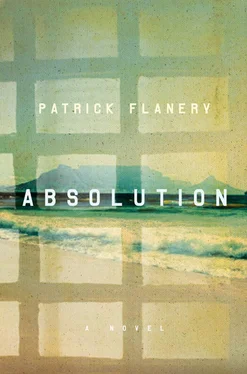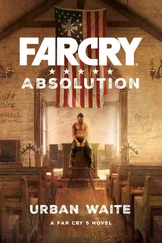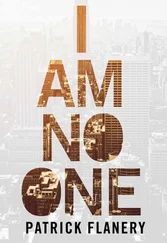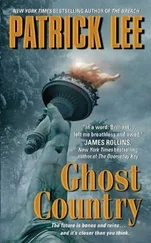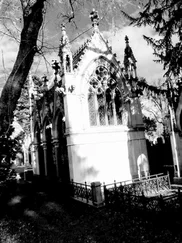What astonished me more than anything was that I began to see you in Sam, in his hardness and determination and watchfulness: the predator who knows what it is to be wounded, and hunts with the knowledge that he may yet be the hunted. His eyes are your eyes, his smell part of the same blend that pulsed from your pores and still flows from the pores of your brother.
I told him I felt that he had been stalking me all these years, and at last, when the strength was leaving me, and his own was just beginning to wane, he’d chased me to ground. He laughed and said he’d been feeling the same way. I do not think he was lying.
There is no guile about him. And that, I know, is the quality of the greatest of liars. I am prepared for the biography, when it finally appears, to bear no resemblance to the drafts he shows me. I hope that will not be so, but as much as I have — almost despite myself — come to love him and believe all that he tells me, to want to keep him close and put him in the place where you once stood, I do not trust him, and never shall.
Clare Wald’s arguments about censorship are informed by J. M. Coetzee’s Giving Offense: Essays on Censorship , and Danilo Kiš’s ‘Censorship/Self-Censorship’, collected in Homo Poeticus: Essays and Interviews ; quotations are from John Milton’s Areopagitica . I am indebted to Peter D. McDonald and his book The Literature Police: Apartheid Censorship and Its Cultural Consequences for clarifying certain details of apartheid South Africa’s censorship regime. The following books were also usefully consulted: Gerald Shaw, The Cape Times: An Informal History ; Keyan Tomaselli, Ruth Tomaselli, and Johan Muller (eds.), The Press in South Africa ; Les Switzer and Mohamed Adhikari (eds.), South Africa’s Resistance Press: Alternative Voices in the Last Generation Under Apartheid ; Gerald B. Sperling and James E. McKenzie (eds.), Getting the Real Story: Censorship and Propaganda in South Africa ; Gordon S. Jackson, Breaking Story: The South African Press .
The quotation from Dostoevsky’s Notes from Underground uses Constance Garnett’s translation.
For various forms of support, and encouragement, many thanks to my parents Gail L. Flanery and James A. Flanery, and also to Ben Arnoldy, Rita Barnard, Glenn Breuer, Rebecca Carter, Dirk Klopper, Michele Gemelos, Michael Holtmann, the MacLeod family (Marti, Alasdair, Kirsty, Catriona and Annabel), Peter McCullough and Thomas Knollys, Stephanie Nolen, Kimberly Ochs, Ann Pasternak Slater, Goran Stanivukovic, Cynthia Stone, Michael Titlestad, and Marlene van Niekerk. I owe a special debt of gratitude to family and friends in South Africa, most especially to Nan and Eddie van der Vlies, Sandra Willows and Camel du Plessis, Natasha Distiller and Lisa Retief and their son Jesse, Undine Weber, Deborah Seddon, Angela Rae and Justin Cornish, Lucy Graham, and Wendy Jacobson.
I am deeply grateful to my agent Victoria Hobbs and her colleagues Jennifer Custer and Kate Rizzo Munson, as well as to my agent in America, George Lucas. Many thanks are also due to my editors Margaret Stead, Ravi Mirchandani, Sarah McGrath, and Michael Schellenberg.
This book would not have been possible, or ever come to exist in the first place, without Andrew van der Vlies.
PATRICK FLANERY was born in California in 1975 and raised in Omaha, Nebraska. After earning a BFA in Film from New York University’s Tisch School of the Arts he worked for three years in the film industry before moving to the UK, where he completed a doctorate in Twentieth-Century English Literature at the University of Oxford. As well as publishing scholarly articles on British and South African literature and film in a number of academic journals, he has written for Slightly Foxed and the Times Literary Supplement . He lives in London.
